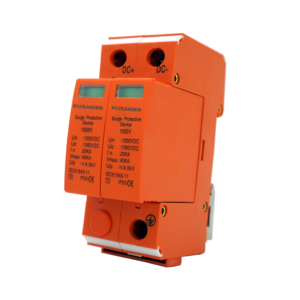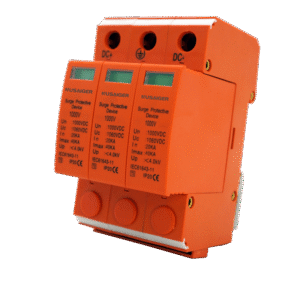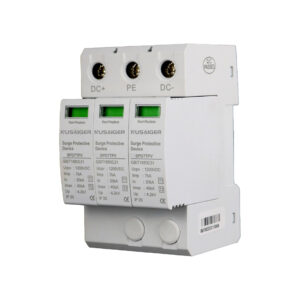Weatherproof PV Combiner Boxes: Protecting Solar Systems from Environmental Challenges
Solar panels often operate in harsh environments — from deserts to coastal regions. PV combiner boxes must be designed to withstand heat, humidity, rain, dust, and even salt spray to ensure reliable operation.
Importance of IP Ratings
Ingress Protection (IP) ratings such as IP65 or IP66 define how well a combiner box can resist dust and water. An IP65-rated box can withstand jets of water and is completely dust-tight, making it suitable for outdoor installations.
Material Considerations
Combiner boxes are typically made from powder-coated steel, stainless steel, or high-impact plastic like polycarbonate. UV-stabilized materials are essential for preventing degradation under sunlight.
Corrosion Resistance
In coastal or chemical-prone areas, stainless steel (304 or 316 grade) is often preferred due to its superior corrosion resistance. Alternatively, corrosion-proof coatings may be applied to steel enclosures.
Ventilation and Condensation Control
To prevent internal condensation, which can damage electronics, some combiner boxes include breathable membranes, vents, or desiccant packs. Proper gasket sealing is also critical.
Conclusion
Weatherproofing is not optional — it’s essential. Choosing a high-quality, sealed, and environmentally protected PV combiner box extends the lifespan of your solar equipment and ensures consistent performance.



